On October 16, the European Union and Gulf Cooperation Council met in Brussels, Belgium for their first joint summit. Here, world leaders from Europe and the Middle East discussed ways to deepen the relationship between the two regions, including multilateral measures regarding trade, energy, and defense. This type of international collaboration is only effective in proportion to how much shared interest can be agreed upon by all members. What does that mean for the EU-GCC partnership?
Shared Interest
One key area where interests diverge is in energy security. The European Union, which has historically relied on Russia for energy production, is now seeking alternative sources. This is because of the Russia-Ukraine war's impact on energy production. Russia, which supplied over 40% of the EU's 2021 gas imports, was forced to halt large amounts of production after their war in Ukraine proved more difficult than expected. At the same time, international pressures and sanctions increased the cost of what little energy was available. Between 2021 and 2022, European energy prices increased by 90%, with gas prices increasing by 111%.
Meanwhile, members of the GCC, which includes Bahrain, Saudi Arabia, Oman, Qatar, Kuwait, and the United Arab Emirates, are also looking for stability as energy suppliers. The opportunity to become Europe's main energy supplier would undoubtedly expand the GCC's geopolitical influence. It would also improve economic opportunity in a region where unstable governments and constant war effectively prevent economic development.
Another area of mutual interest is infrastructure investment. Due to a history of conflict and instability, GCC countries simply do not have sufficient infrastructure to develop efficiently. The opportunity for the European Union to invest in GCC infrastructure provides multiple benefits. First, if done correctly, the impact on Middle Eastern energy development will massively benefit the European economy, if the GCC does become Europe's main energy supplier. Additionally, the return on investment alone for this infrastructure could turn a profit for Europe's Global Gateway strategy, which is crucial given Europe's current budget deficits.
The partnership will also work toward encouraging military cooperation between the regions. While highly beneficial for GCC nations caught in the Israel-Hamas crossfire, it is unclear how highly this will be prioritized due to the lack of resources available to GCC nations. To put it bluntly, the GCC doesn't have much to offer the EU in terms of defense. However, if defense cooperation is made a condition for other areas of the partnership, it is still plausible.
Areas of Tension
While the prospect of Euro-Gulf cooperation is exciting, it is also important to recognize the possible barriers to integration. First, the organizations have drastically different views regarding the Israel-Hamas conflict. While hesitant to fully support Israel's actions, the EU remains sympathetic to Israel's defense and advocates for a two-state solution to the war. GCC members, on the other hand, take a staunch anti-Israel approach and call for a Palestinian state based on 1967 borders. They also strongly disagree with the West's historic involvement in Middle Eastern affairs, calling for a resolution to the conflict that is solely negotiated by local actors. This fundamental dispute may hinder the potential for military cooperation.
Another area of disagreement is in human rights standards. Concrete laws safeguarding the rights of workers and marginalized groups are a nearly non-negotiable issue for most European trade deals. Middle Eastern leaders do not hold these principles as highly as the West. Thus, unwillingness to budge on specific human rights measures may make EU-GCC economic integration dead on arrival. However, due to the mutually beneficial nature of the collaboration, some compromise is still possible.
Ultimately, the inaugural EU-GCC summit makes no promises for significant collaboration between the two regions. It does, however, open exciting doors with the potential to break cultural barriers and introduce a new level of stability that both regions desperately need. No matter what forms the cooperation takes, the world will be watching and learning.



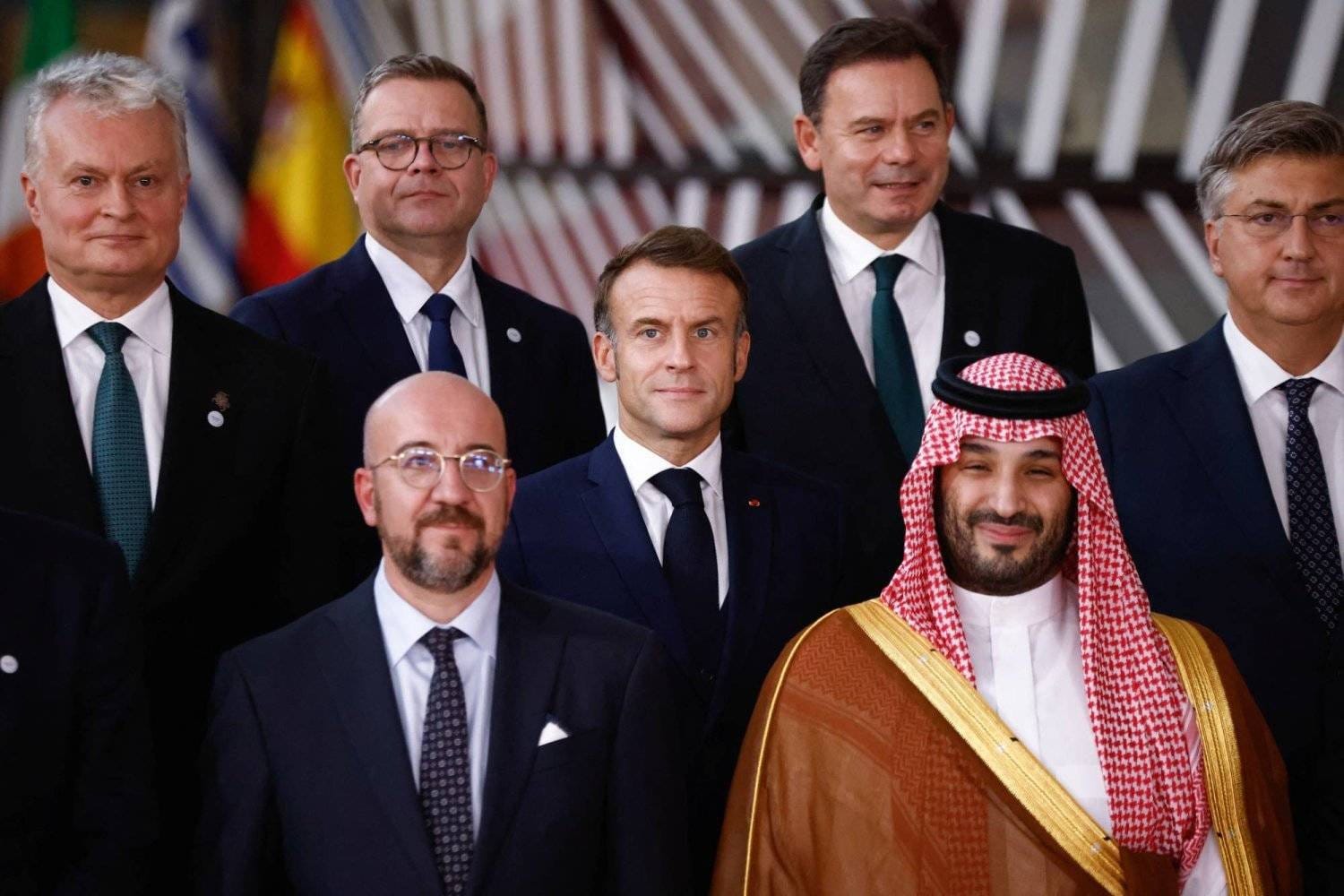
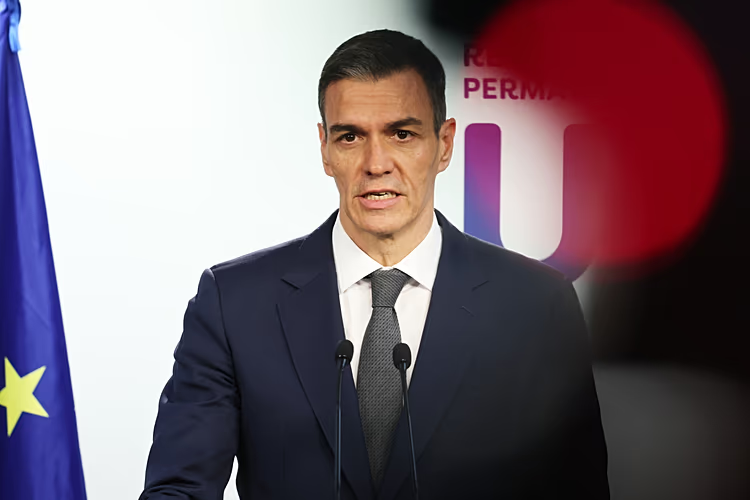

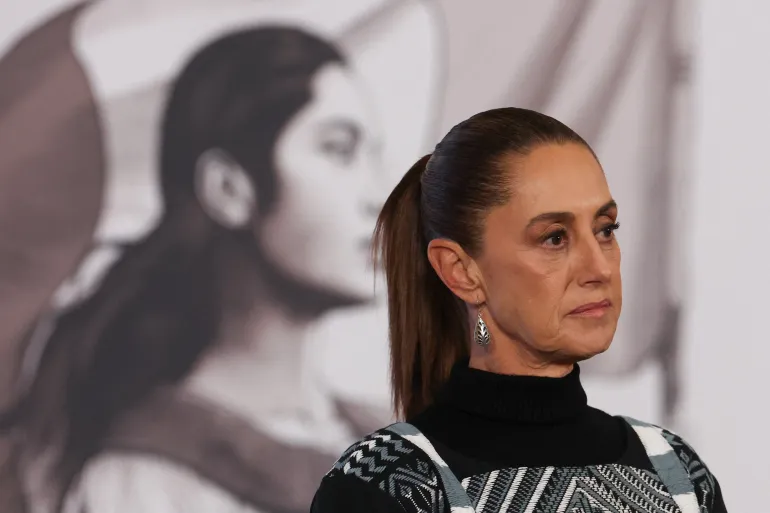
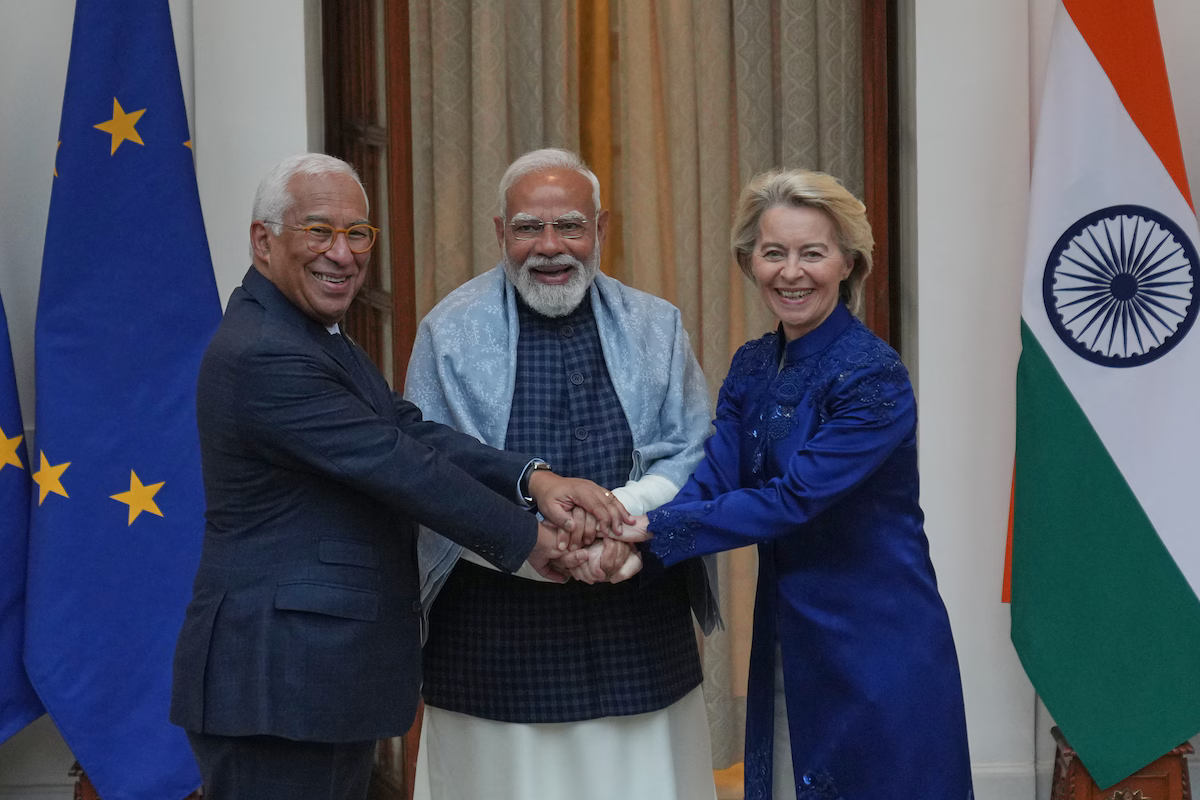
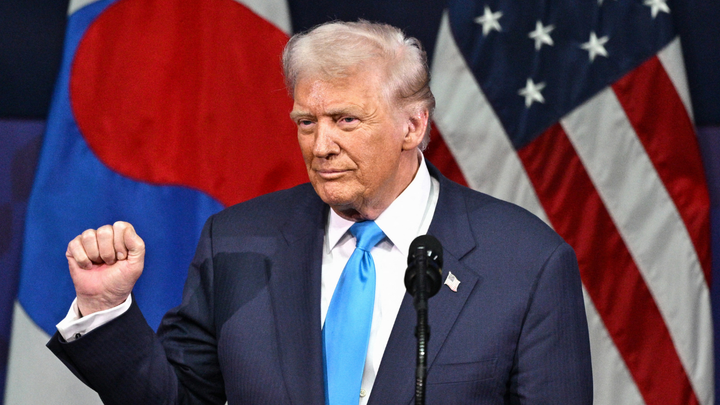

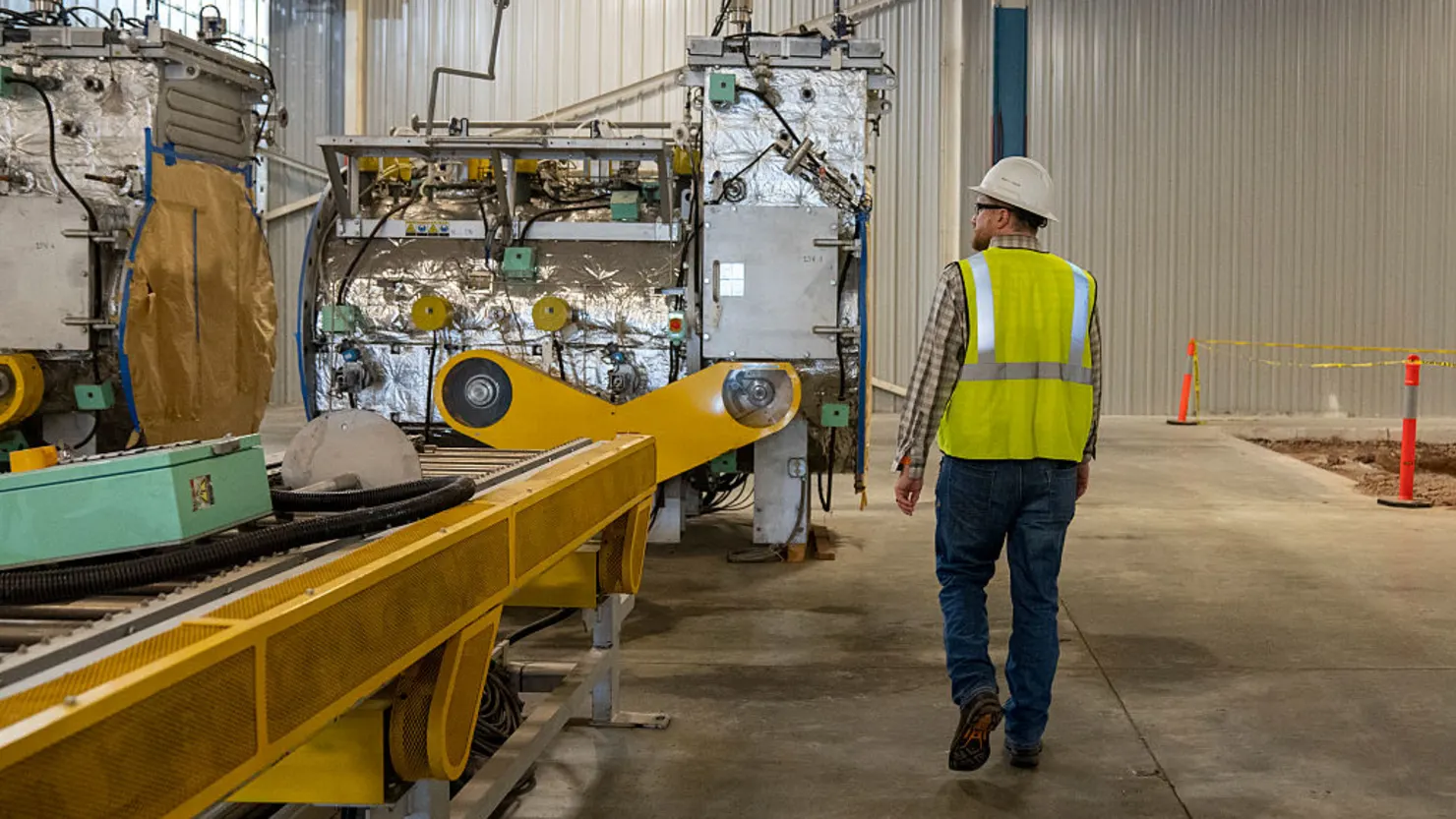
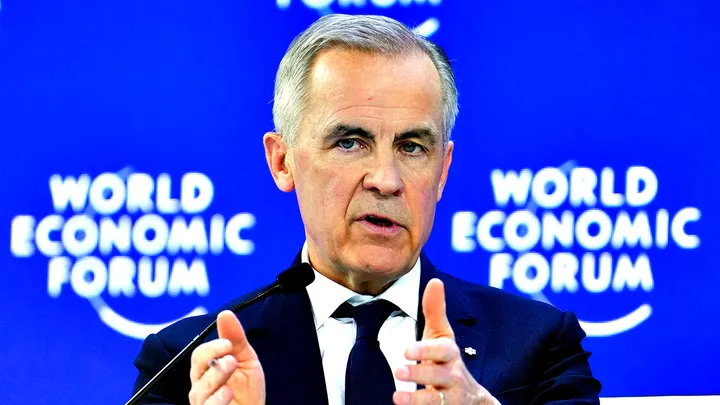
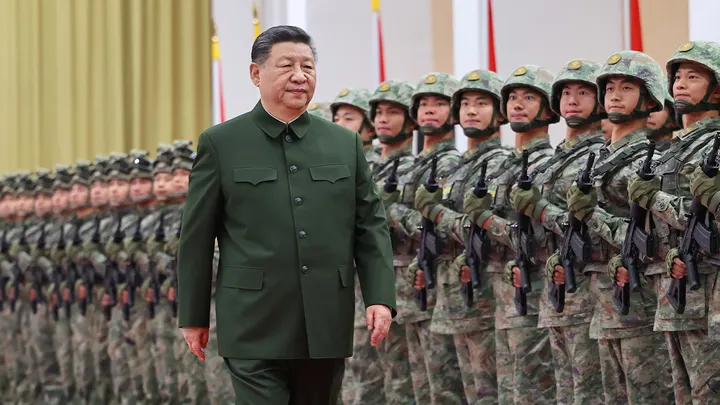
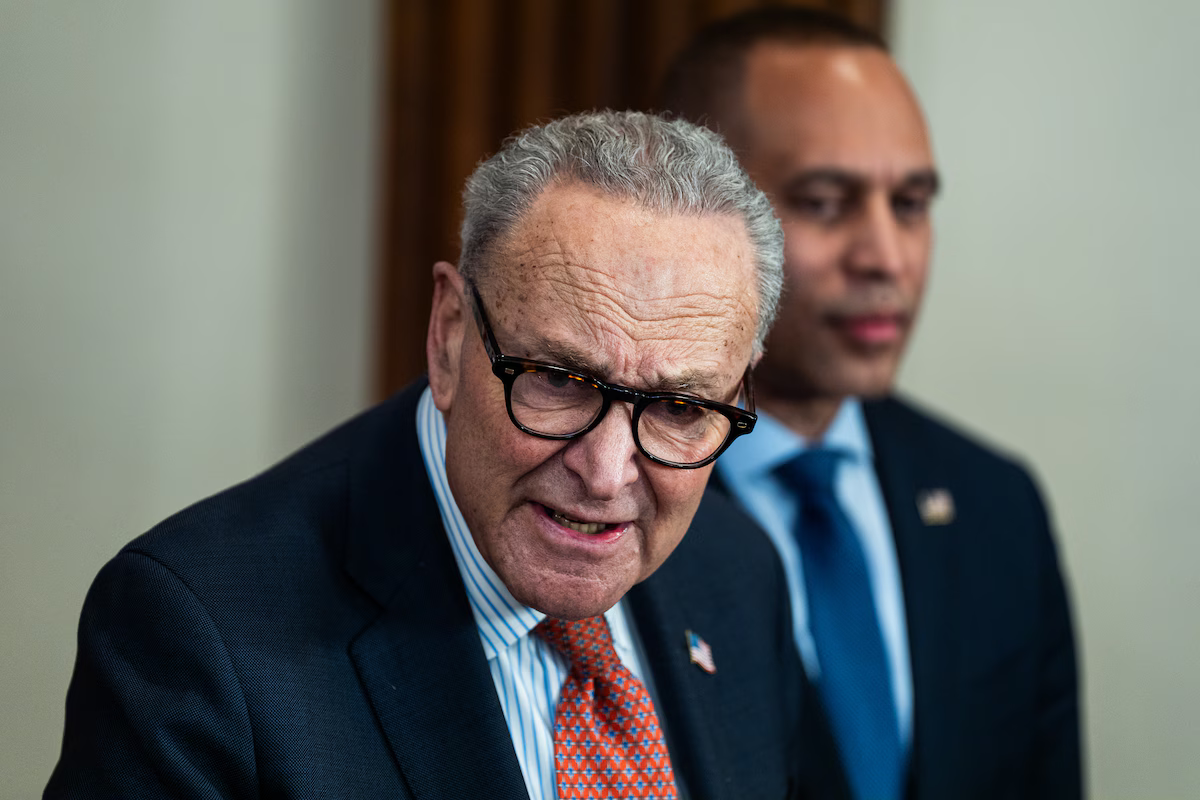
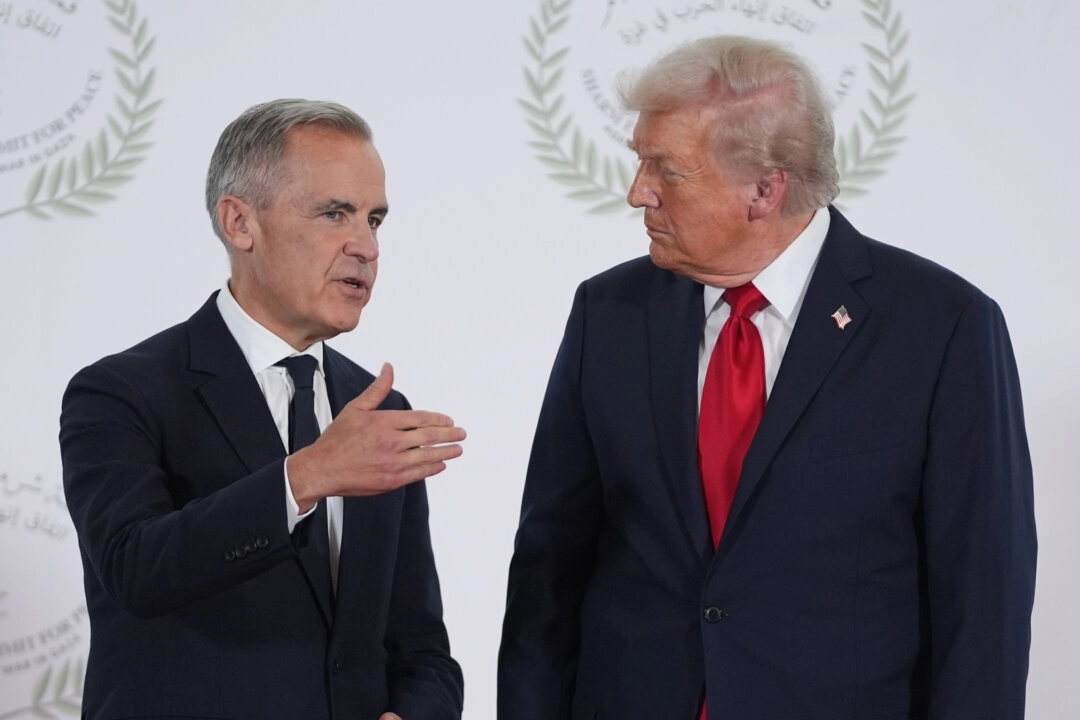
Discussion